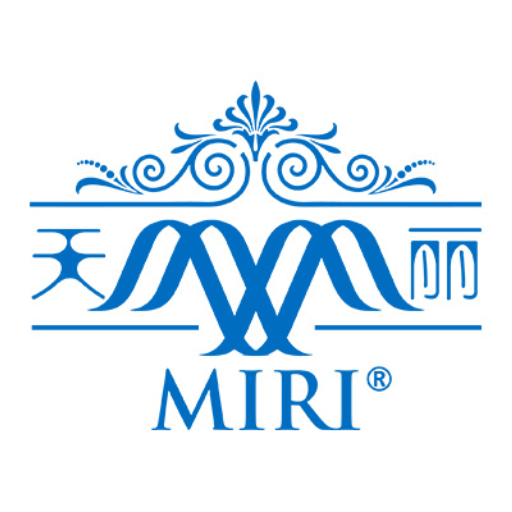Collagen: The Ultimate Protein for Youthful Skin and Overall Wellness in Women
In the world of beauty and wellness, one protein stands out as a true powerhouse for women’s health – collagen. Often called the “glue” that holds our bodies together, collagen is the most abundant protein in our bodies, making up about 30% of our total protein content. As we age, our natural collagen production declines, which can lead to visible signs of aging and decreased joint flexibility. Understanding the science behind collagen and how it can benefit your overall health is essential for maintaining vitality as you navigate different life stages.
Collagen benefits women in numerous ways, from supporting skin elasticity to promoting joint health and beyond. It’s not just about beauty – collagen plays a crucial role in maintaining your body’s structural integrity. When most people think of collagen, they immediately picture youthful skin, but this remarkable protein offers benefits that extend far beyond surface-level aesthetics.
The Skin-Transforming Benefits of Collagen
Your skin is your body’s largest organ, and collagen is its primary building block. As collagen decreases with age, your skin may become thinner, less elastic, and more prone to wrinkles. Supplementing with collagen can help replenish what your body loses naturally, promoting a more youthful appearance. Studies show that collagen supplementation can improve skin hydration, elasticity, and overall texture, making it a valuable addition to any beauty regimen. For more details on how collagen specifically benefits skin health, check out our article on Collagen and Skin Healtha>.
Collagen works by stimulating your body’s own collagen production and providing amino acids essential for skin repair. This dual action helps maintain a healthy skin barrier, protects against environmental damage, and promotes that coveted “glow” that comes from within. The benefits aren’t just cosmetic – a healthy skin barrier means better protection from pathogens and improved moisture retention.
Supporting Joint and Bone Health
Beyond its aesthetic benefits, collagen is crucial for maintaining healthy joints and strong bones. Cartilage, the connective tissue that protects your joints, is rich in collagen, and supplementing can help maintain its integrity. As women age, particularly around menopause, bone density becomes a significant concern. Collagen, in combination with calcium and other nutrients, helps maintain bone strength and flexibility.
Many women experience joint discomfort and stiffness as they get older, which can significantly impact quality of life. Research indicates that collagen supplementation may help reduce joint pain and improve mobility by supporting the cartilage that cushions your joints. For a comprehensive guide on how collagen can help with joint health, see our article on Collagen for Joint Health.
Additional Wellness Benefits of Collagen
What many women don’t realize is that collagen supports numerous bodily functions beyond skin and joints. This versatile protein can benefit digestive health by helping to repair the lining of the gastrointestinal tract. It also contains specific amino acids that support metabolic function and muscle growth, making it valuable during weight management journeys.
During menopause, when hormonal fluctuations can cause various symptoms, collagen may offer additional support. It can help maintain skin hydration during a time when many women experience increased dryness, and it may also support bone density as estrogen levels decline.
Natural Ways to Boost Your Collagen
While supplementation can be beneficial, there are also natural ways to support your body’s collagen production. Vitamin C is essential for collagen synthesis as it helps convert amino acids into collagen. Foods rich in vitamin C include citrus fruits, bell peppers, and strawberries. Amino acids from protein-rich foods like bone broth, fish, poultry, and plant-based proteins provide the building blocks for collagen.
Other nutrients that support collagen include copper, zinc, and manganese. Antioxidant-rich foods like berries and leafy greens help protect existing collagen from damage by free radicals. Staying hydrated also supports collagen’s function in keeping skin plump and joints lubricated.
Choosing the Right Collagen Supplement
If you’re considering collagen supplementation, it’s important to choose a high-quality product that fits your specific needs. Different types of collagen (I, II, III, etc.) offer various benefits, with types I and III being most beneficial for skin and connective tissues. Hydrolyzed collagen, also known as collagen peptides, is easily absorbed by the body and can be mixed into beverages, smoothies, or even baked goods.
Our Miri Collagen Protein is specifically formulated to provide benefits beyond just skin health. It helps boost skin elasticity, reduce acne and ecema problems, hydrate skin, strengthen hair and nails, and support joint health – making it a comprehensive addition to your wellness routine. For those interested in holistic approaches to wellness, our article on The Ultimate Guide to Collagen provides additional insights.
Embracing Collagen for Lifelong Wellness
Collagen is more than just a beauty trend – it’s a fundamental protein that supports numerous aspects of women’s health throughout their lives. By understanding its benefits and incorporating both natural strategies and quality supplementation when appropriate, you can maintain vitality, strength, and radiant well-being at every age.
Whether you’re concerned about visible signs of aging, maintaining strong bones and joints, or supporting your body’s overall structure and function, collagen offers science-backed solutions that align with natural wellness approaches. As you continue your journey of self-care and empowerment, consider making collagen a cornerstone of your holistic health strategy.
